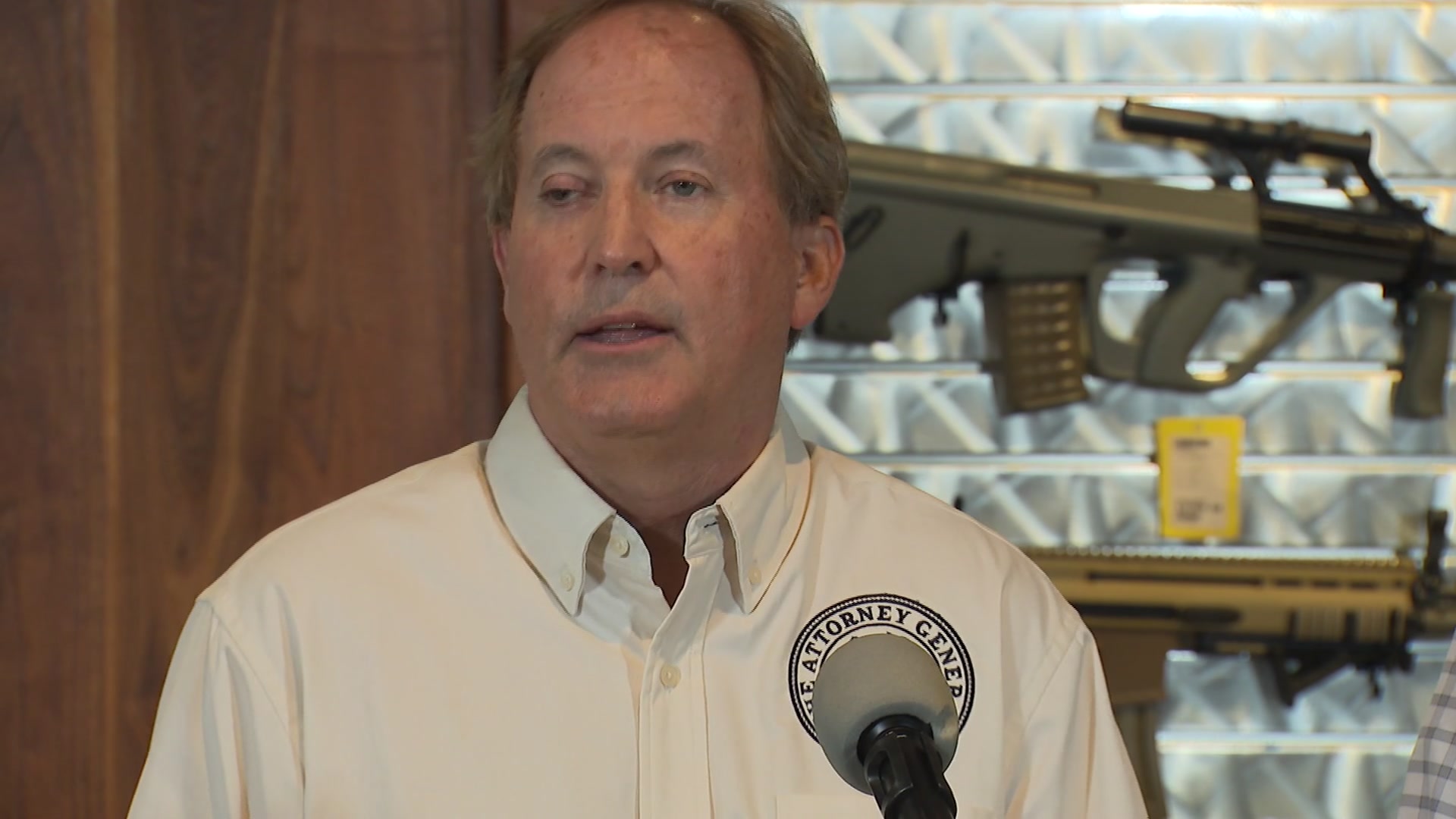
Arrests of migrants for illegally crossing the border to the United States from Mexico have plummeted about 30% in July to a new low for Joe Biden's presidency, U.S. authorities said, raising prospects that a temporary ban on asylum may be lifted soon.
The U.S. Border Patrol is expected to arrest migrants about 57,000 times during the month, down from 83,536 arrests in June, the previous low mark of Biden's presidency, according to two U.S. Customs and Border Protection officials who spoke to The Associated Press on condition of anonymity because the figures had not been released publicly. It would be the lowest monthly tally since 40,507 arrests in September 2020, when the coronavirus pandemic slowed movement across borders in many countries, including the United States.
Even before Biden's Democratic administration invoked powers to suspend asylum on June 5, border arrests had fallen by about half from a record-high of 250,000 in December amid increased Mexican enforcement. Since June 5, arrests have fallen by half again, helping the White House fend off attacks by former President Donald Trump and other Republicans that Democrats, including Vice President Kamala Harris, have allowed the border to spiral out of control.
A volley of ads launched Tuesday underscores the prominence of immigration as a campaign issue in November's presidential election.
Get top local stories in DFW delivered to you every morning. >Sign up for NBC DFW's News Headlines newsletter.
The Trump campaign launched its first television ad of the general election cycle, dubbing Harris the “border czar” for an early assignment as vice president to address the root causes of immigration in Central America and blaming her for a surge in illegal crossings under Biden's watch. After displaying headlines about crime and drugs, the video brands Harris as “Failed. Weak. Dangerously liberal.”
A Harris ad posted online highlights Trump's opposition to a failed border bill earlier this year that would have, among many other provisions, increased funding for Border Patrol agents and fentanyl detection. “There are two choices in this election: the one who will fix our broken immigration system and the one who is trying to stop her,” the narrator says.
Neither ad mentions the drop in border arrests this year, but the latest declines may play in Harris' favor as many Republicans attack the Biden administration's new asylum restrictions as too little, too late.
Texas News
News from around the state of Texas.
The asylum halt would end if daily arrests drop below 1,500 over a seven-day average, a scenario that Customs and Border Protection officials are preparing for with arrests now hovering at 1,600 to 1,700 per day. The halt will be reinstated if arrests reach a seven-day daily average of 2,500, a threshold of “emergency border circumstances” that was immediately met when the restrictions took effect in June. Immigrant advocacy groups are challenging the asylum measures in court.
Under the halt, U.S. authorities deny a chance at asylum to anyone who crosses the border illegally. Unaccompanied children are exempt, and others may seek asylum-like forms of protection that allow them to stay in the United States with a higher bar and fewer benefits, like the United Nations Convention Against Torture.
Asked to comment on July numbers, the Department of Homeland Security on Wednesday referred to a statement last week that arrests had dropped 55% since asylum restrictions took effect.
An official said San Diego was again the busiest corridor for illegal crossings in July, followed by Tucson, Arizona.
The biggest declines have been nationalities that are easiest to deport, including Mexicans, but people from other countries are also showing up less as other travel restrictions take hold, officials said. Chinese migration appears to have been slowed by Ecuador's new visa requirements and more U.S. deportations to China.



